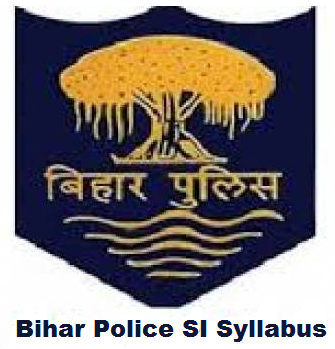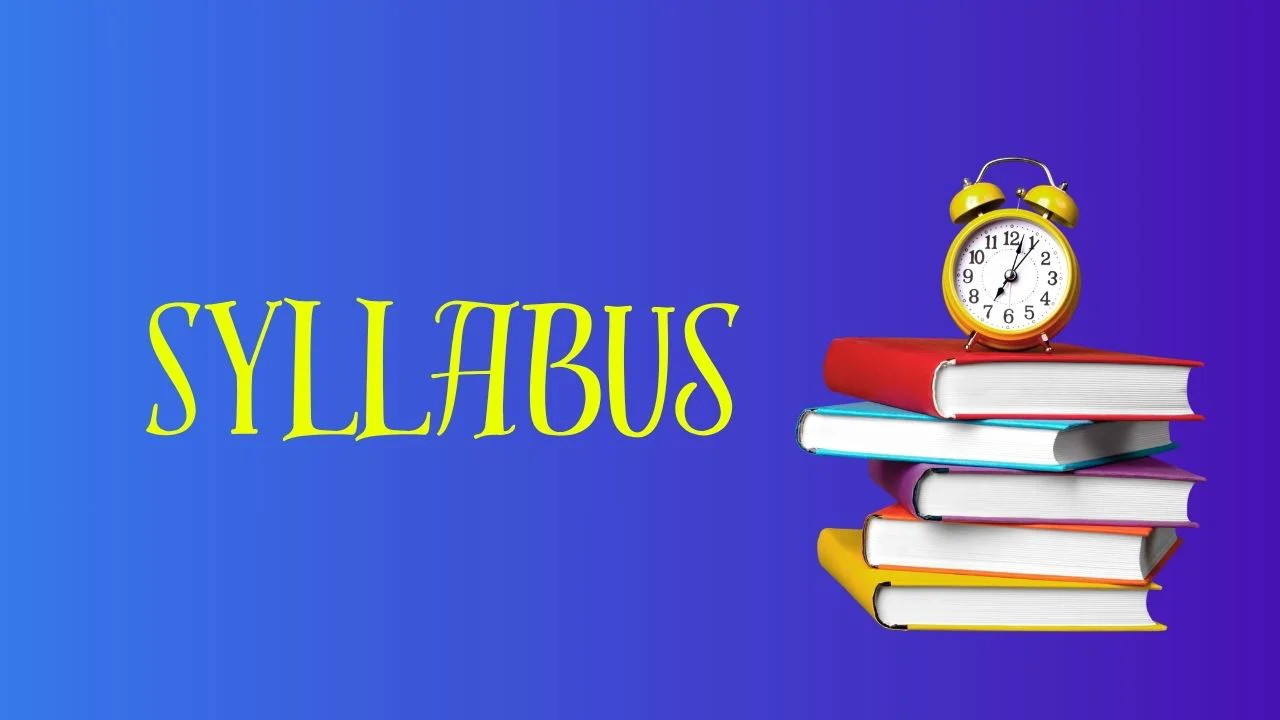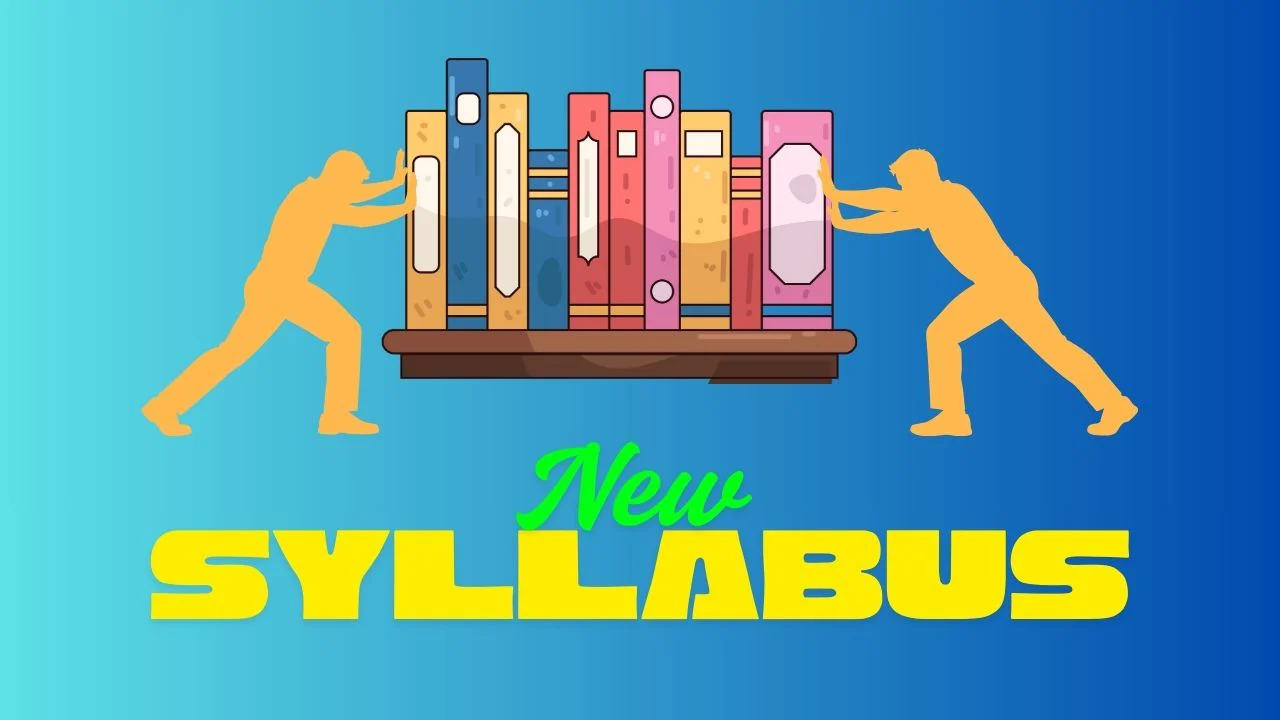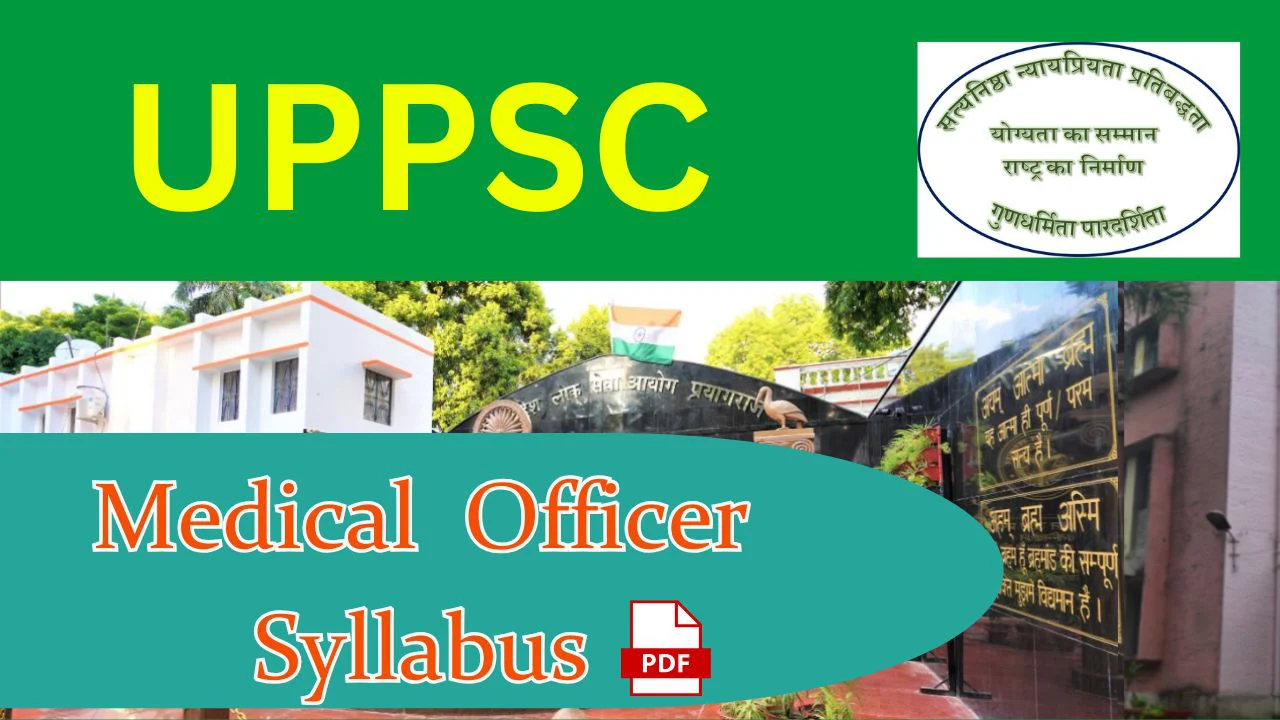RPSC Programmer Syllabus 2024: The officials of the Rajasthan Public Service Commission have announced 216 vacancies for the post of Programmer under Rajasthan Assistant Programmer Recruitment. Candidates interested in RPSC Assistant Programmer Recruitment can visit the official RPSC website and fill out the application. RPSC Programmer 2024 is organized to recruit candidates for the post of Assistant Programmer.
RPSC Programmer Syllabus 2024 (PDF) Assistant Programmer Exam Pattern Download
After that candidates have to collect appropriate RPSC Programmer syllabus and exam pattern for upcoming examination. Based on RPSC Programmer syllabus and exam pattern aspirants have to select their high standard RPSC Programmer study materials. For that we have provided RPSC Programmer syllabus and exam pattern 2024.
RPSC Programmer Syllabus 2024: Overview
| Name of the Organization | Rajasthan Public Service Commission (RPSC) |
| Job Role | Programmer Posts |
| Total Posts | 216 Posts |
| Initial Date to Apply | 1st February 2024 |
| Last Date to Apply | 1st March 2024 |
| Category | Syllabus |
| Type of Job | Rajasthan Govt Jobs |
| Work Location | Rajasthan |
| Official Website | rpsc.rajasthan.gov.in |
RPSC Programmer Syllabus and Exam Pattern 2024 in PDF
RPSC Programmer Syllabus & Exam Pattern 2024 PDF was released. Here we have given Syllabus & Exam Pattern for Rajasthan Assistant Programmer Examination. Now, RPSC Officials has going to conduct the written Examination for the Programmer Post as per the Notification 2024.
| Paper | Subject | Maximum Marks | Exam Duration |
| Paper-I | Reasoning Test & Numerical Analysis & General Knowledge.
Data Base Management Systems (DBMS)
Data Communication Computer Networks | 100 | 2 Hours |
| Paper-II | System Analysis and Design (SAD)
Programming Concepts | 100 | 2 Hours |
RPSC Programmer 2024 Syllabus for PDF Download
In the section below, we have provided the complete details about the Rajasthan Programmer Syllabus and Exam pattern. There are two stages in this recruitment selection process. The first one is the written exam, which has two papers, Paper-I and Paper-II. The second one is the final interview.
Paper – 1
| S.N. | Subject | Topic |
| 1. | Reasoning, Numerical Analysis & General Knowledge. | - Problem-Solving.
- Data Interpretation (D.I.).
- Data Sufficiency.
- Logical Reasoning and Analytical Reasoning.
- General Knowledge and Current Affairs relating to India and Rajasthan.
|
| 2. | Data Base Management Systems (DBMS). | - ER Diagram, Data Models: Relational and Object Oriented databases.
- Data Base Design : Conceptual Database Design.
- Normalization Primitive and Composite Data Types.
- Concept of Physical and Logical DatabasesData Abstraction and Data Independence, Data Aggregation and Relational Algebra.
- Application Development Using SQL : Host Language Interface, Embedded SQL programming, Stored Procedures and Triggers and Views, Constraints Assertions.
- Internal of RDBMS: Physical Data Organisation in Sequential, Indexed Random and Hashed Files.
- Inverted and Multilist Structures, B Trees, B+ Trees, Query Optimization, Join Algorithm, Transaction Processing, Concurrency Control, and Recovery Management.
- Transaction Model Properties and State Serialisability.
- Lock Base Protocols, Two-Phase Locking.
|
| 3. | Data Communication and Computer Networks. | - Computer Network Architecture, Circuit Switching, Packet And Massage Switching, Network Structure.
- Physical Layer, Data Link Layer, Framing.
- Retransmission Algorithms.Multiple Access and Aloha.
- CSMA/CD and Ethernet.
- High-Speed LANs and Topologies.
- Broadcast Routing and Spanning Trees.
- TCP/IP Stack.
- IP Networks and the Internet.
- DNS and Firewalls.
- Intrusion Detection and Prevention.
- Transport layer and TCP/IP.
- Network Management And Interoperability.
|
Paper – 2
| S.N. | Subject | Topic |
| 1. | System Analysis and Design
(SAD) | - System Concept : Definition and Characteristics, Elements and Boundaries, Types of System Development Life Cycle, Recognition of Needs, Feasibility Study, PrototypingRole of System Analyst.
- System Planning and Tools Like DFDData Dictionary, Decision Trees, Structured Analysis and Decision Table.
- IPO Charts, Structured Walkthrough, Input Output form Design, Requirement and Classification of Forms, Layout Considerations Form Control.
- Object Oriented Design Concepts and Methods.
- Software Life Cycle, Software Engineering Paradigms.
- System Analysis: Feasibility Study Requirement Analysis, Cost Benefit Analysis, Planning Systems, Analysis Tools and Techniques.
- System Design : Design Fundamentals, Modular Design, Data and Procedural Design, Object Oriented Design.
- System Development: Code Documentation, Program Design Paradigms, Efficiency Consideration.
- Verification, Validation and Testing: Testing Methods, Formal Program Verification, Testing Strategies.
- Software Maintenance: Maintenance Characteristics, Maintainability, Maintenance Tasks and Side Effects.
|
| 2. | Programming Concepts. | - Introduction : Internet, Java as a Tool for Internet Applications, Byte Code and Its Advantages.
- Object Oriented Programming and Design : Review of Abstraction, Objects and Other Basics, Encapsulation, Information Hiding, Method, Signature, Classes and Instances, Polymorphism, Inheritance, Exceptions and Exception Handling regarding Object Modeling, Coupling and Cohesion in Object Oriented Software.Object Oriented Design – Process, Exploration and Analysis.
- Java Programming Basics : Variables and Assignments, Input and Output, Data Types and ExpressionsFlow of Control, Local Variables, Overloading Parameter Passing, ‘this’ Pointer, Java Object Oriented ConceptsUse of File for I/O, Formatting Output with stream Functions, Character I/O, Inheritance, Public and Private Members, Constructors for Initializations, Derived ClassesFlow of Control Arrays – Programming with Arrays, Arrays of Classes, Arrays as Function Arguments, Strings, Multidimensional Arrays, Arrays of Strings, Vectors, Base classes.Introduction to JSP, RMI, Java Applets and Servlets.
- Introduction to DotNet Framework and Visual Programming Interface.
|









